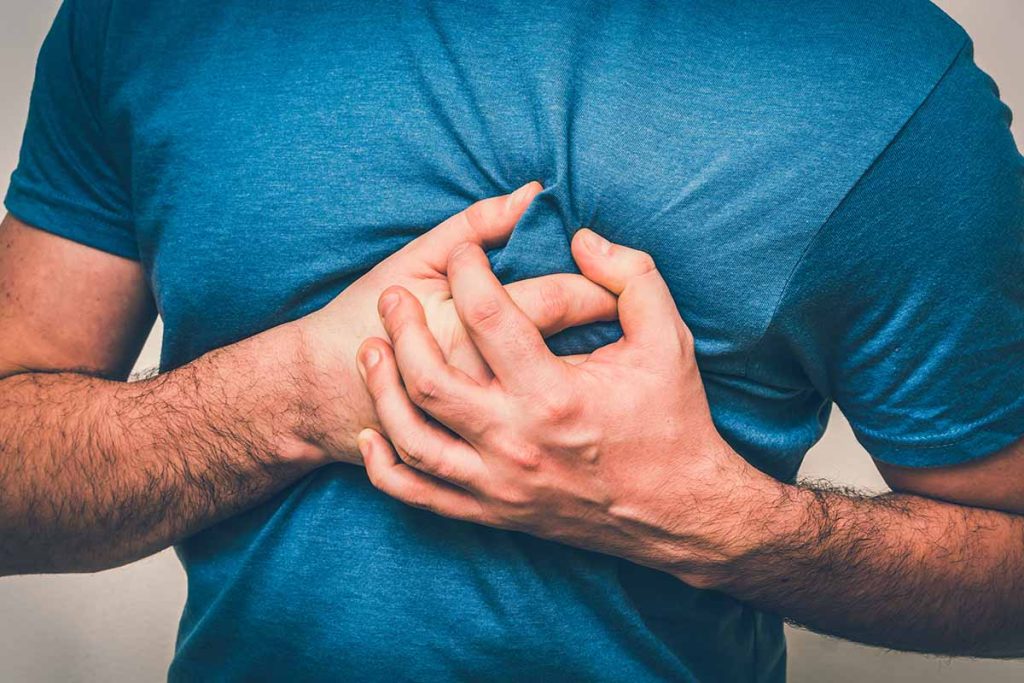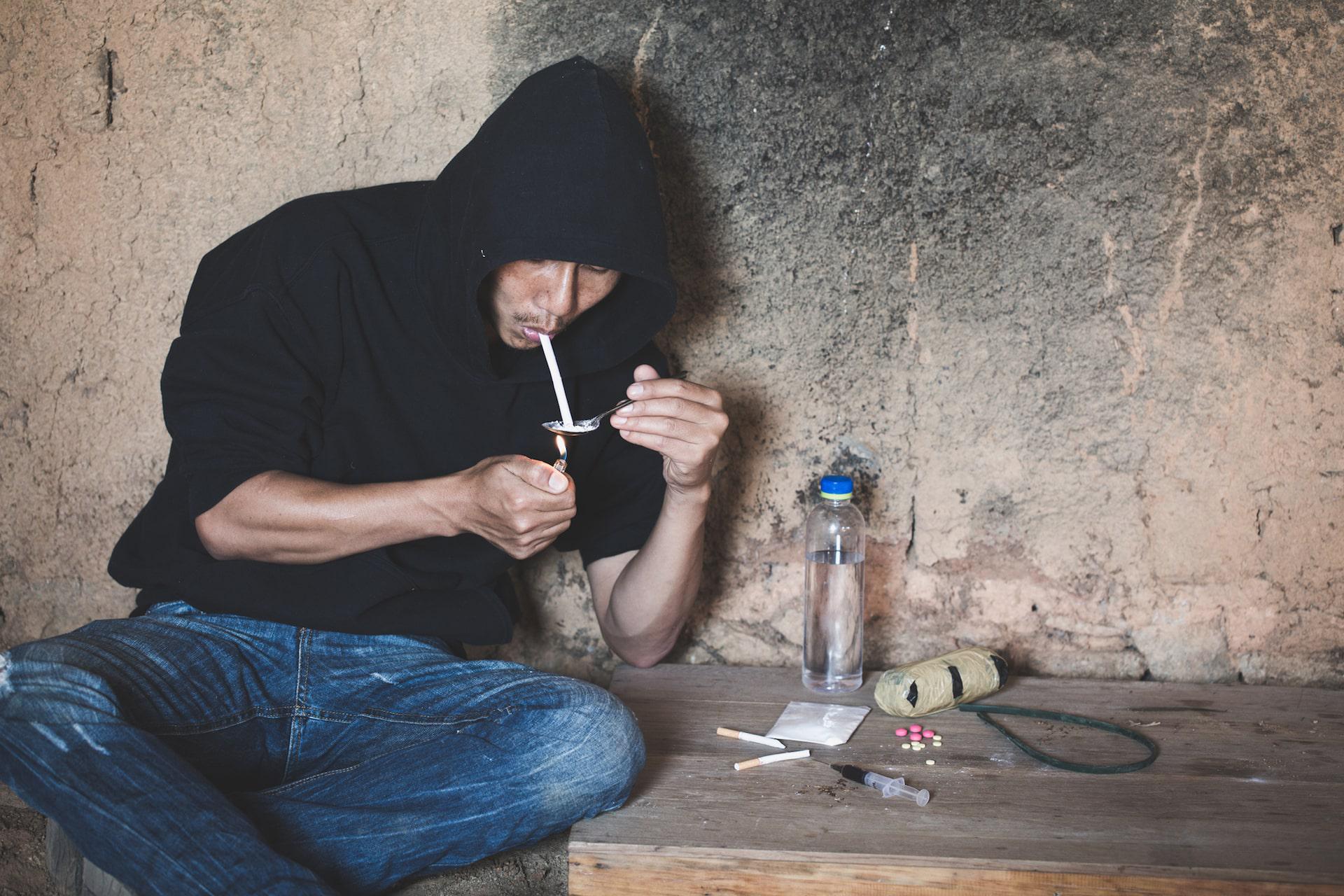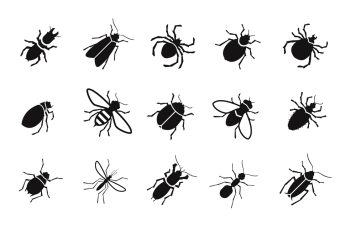If you suspect someone has taken too much cocaine, you should call 911 immediately. If possible, start CPR, and place the person on their side to avoid vomiting. You should also remove any sharp objects from the area to prevent any injuries. Stay with the person until emergency medical personnel arrive. Be calm and supportive as you attempt to help.
Symptoms of a cocaine overdose
The most important thing to do if you suspect that someone is suffering from a cocaine overdose is to get medical help. Generally, it’s best to call 911 right away. Getting the victim to a hospital as soon as possible is essential for their survival. If you can’t reach them right away, try to remain calm and apply cold compresses to their bodies.
Symptoms of a cocaine overdose may include a massive pain in the chest, tremoring, and intense sweating. A rapidly rising pulse and blood pressure are other common signs. Psychological signs may include panic and rising anxiety. Chest pains may also be present in stage three. Further symptoms of cocaine toxicity include numbness throughout the body, high body temperature, and vomiting.

Cardiovascular complications are a common complication of cocaine overdose. The heart becomes severely stressed and is deprived of blood and oxygen. As a result, the heart has to work extra hard to compensate for the lack of blood. In severe cases, the heart can suffer a heart attack or even arrest.
Treatment options for a cocaine overdose
There is no medication that can reverse the effects of a cocaine overdose, but healthcare professionals can try to help the person recover as much as possible by reducing body temperature and restoring blood flow. The heart, lungs, and brain are the most critical organs to protect from the effects of cocaine, so medical teams may order chest X-rays, electrocardiograms, and CT scans to assess the damage and determine the best course of treatment.
Cocaine users often engage in binge use, which can last for days and disrupt their physical and psychological stability. They can suffer severe brain changes and have trouble meeting their basic needs. As a result, the faster cocaine is absorbed into the body, the greater the chance of an overdose. People who abuse cocaine may also be dealing with co-occurring psychiatric conditions, which can be exacerbated by heavy use. Heavy cocaine users may also be self-medicating to treat PTSD or chronic depression.
In the early stages of a cocaine overdose, the victim must remain calm to avoid further complications. First, the victim should be given a sedative to reduce his or her heart rate. This will reduce the risk of a heart attack or respiratory failure and will allow the victim to recover more quickly.
Dangers of a cocaine overdose
There are many dangers associated with cocaine use, but one of the most serious is a cocaine overdose. A cocaine overdose can lead to a delirium and sudden death. Symptoms of delirium may include aggressiveness, hyperthermia, seizures, and incoherent screaming. If an individual experiences one of these symptoms, they should seek emergency medical attention immediately.

Immediately call 911 if you suspect someone is undergoing a cocaine overdose. If the person is conscious, you should keep them calm and keep them on their side, away from sharp objects, and apply cold compresses to lower their body temperature. A rapid response is essential, and can give the individual a fighting chance to survive the overdose.
During the overdose stage, a patient’s heart rate should be monitored to make sure it doesn’t increase too fast. If this is not done, the patient may experience respiratory failure. The treatment for this complication will include medication and monitoring in a safe environment. During the first few hours of treatment, patients may be given sedatives to stabilize their heart rate and blood pressure.
Diagnosing a cocaine overdose
Immediately call 911 if you suspect someone of having a cocaine overdose. The faster help arrives, the better the chances of survival. Attempt to stabilize the person by applying a cold compress. If possible, stay with the person until help arrives. The victim may experience seizures, which should be treated by a trained professional.
Overdosing on cocaine has different symptoms than overdosing on other drugs. In addition to vomiting, the victim may also be experiencing a heart attack, and CPR may be necessary. Other substances can also be mixed with cocaine to change its effect. These other substances may include alcohol or other drugs.
Cocaine overdose is a potentially life-threatening condition that is often difficult to diagnose. The patient may not disclose using the drug, and the clinician must consider a range of other possible diagnoses to rule out other conditions. Some of these include thyrotoxicosis, acute psychosis, or anticholinergic toxicity. Moreover, a history of intracranial hemorrhage should be obtained.
More to read: What is Emotional Sobriety and How Do I Overcome It?


